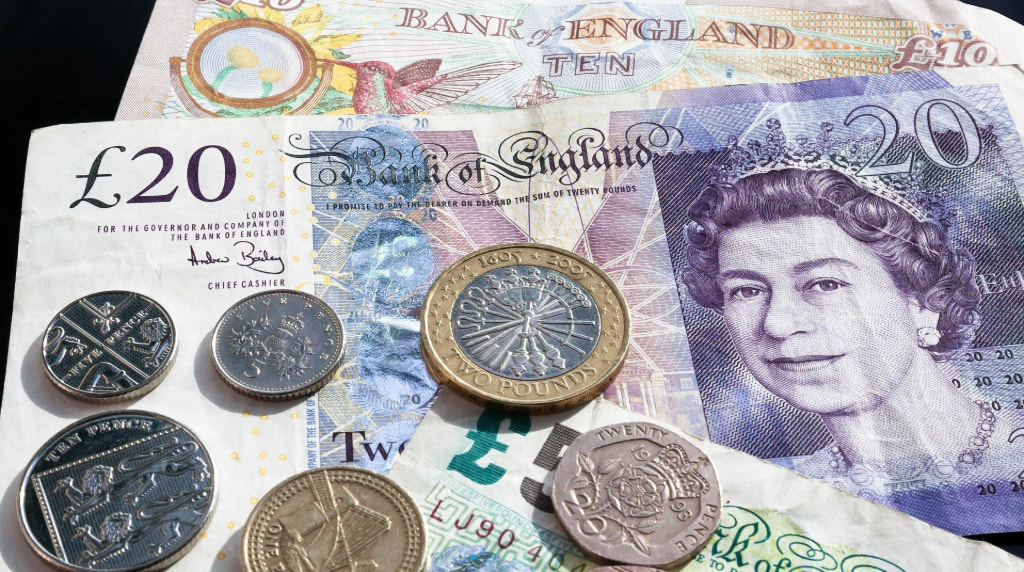NFTs – Gambling or Investment?
What are NFTs?
NFTs are non-fungible tokens, otherwise known as digital assets that contain identifying information stored in encrypted smart contracts. It can be a little daunting to break the concept of an NFT down and get to the bottom of what is really going on in this hot new topic that seemingly everyone is talking about.
By the time you’re done reading this guide, you will know everything you need to know to have an informed opinion on NFTs and whether or not they’re for you. As popular as they are, NFTs are still a hotly debated topic, with the uniqueness of an NFT being the biggest point of contention.
At the end of this article, you’ll have concrete answers to questions such as “What are NFTs?” “Where can I buy NFTs?”, “Are NFTs a worthy investment?” and so on. We’ll also touch upon topics such as the blockchain, smart contracts, fungibility, and more. Ready to get started? Let’s begin with the basics.
What is a Fungible Asset?
A fungible asset can be defined as an asset or good that can be exchanged for other assets or goods of similar value. The simplest example of a fungible asset is money.
One dollar can be easily converted into ten dimes, four quarters, or 100 cents. A dollar can also be exchanged for an equivalent value of any other currency from around the world. The value of one dollar does not change whether it is in the form of a single note or multiple combinations of sub-denominations.
In even simpler terms, if you lent a friend 10 dollars with a single bill and your friend returns the ten dollars in 10 one-dollar coins, it would not be a problem and the value of the returned money would be the same as what was initially lent because money is fungible.
We’ll get to why this matters to NFTs in a bit. Before that, let’s quickly grasp the definition of a non-fungible asset. A car or other physical asset would make a good example of a non-fungible asset. If you lent your friend a car and your friend returned a different car, it would not be acceptable as there are numerous factors that will come into consideration in an instance like this.
Other examples of investment assets that are non-fungible are real estate, diamonds, land and other similar assets. They are considered non fungible because the value of each of them varies according to the properties and characteristics that they possess. Now, we’ll look into how this applies to the digital world and on the blockchain.
How are NFTs Non-Fungible?
NFTs or non-fungible tokens contain identifying information recorded in smart contracts. The information stored in the smart contracts makes each NFT unique, and they cannot be replicated or replaced by another token.
In most cases, non-fungible tokens are not divisible and cannot be replaced in the same way that money or cryptocurrencies such as Bitcoin can. In the same way that a torn portion of an autographed poster is worthless on its own, NFTs hold value only when present in their entirety, along with their unique identification information stored on their smart contracts.
Looking to place bets with fungible assets at any time? Looking for a gambling experience that you can enjoy anytime, anywhere? Check out our guide to mobile casinos that you can sign up with today.
How are NFTs Used?
Apart from the most obvious use being linked to digital collectible items, which we will explore further, NFTs can be employed in digital assets that need to be differentiated from other copies of the same asset to prove their value or scarcity.
NFTs can be used to create binding contracts on digital assets such as virtual land parcels in the metaverse, original artworks, and ownership licenses. The information stored in the smart contract of an NFT ensures that they are not replicable and that copies of the NFT hold no value as compared to the original.
How do NFTs Work?
NFTs and their supporting smart contracts allow for detailed information to be inseparably tied to the original version of the NFT. Some of the details of a file that can be added are metadata, the identity of the owner and creator, and original and secure file links.
NFTs: Gambling or Investment?
Due to the newness of the space and the rate of evolution that blockchain technology is undergoing, spending on NFTs can be considered both gambling and investment with a dependence on a number of factors.
NFTs provided by established and proven developers often have appreciating values in the long run but have shown a tendency to be slow to grow. On the contrary, NFTs issued by relatively unknown developers come at the risk of the developers disappearing with your money.
However, these NFTs from unknown creators are also infamous for blowing up in value over a short span of time. Remember to use your discernment before deciding how to spend your money on digital assets.
Websites for NFTs: Cryptokitties and More
A good example of early NFTs are Cryptokitties. Every cryptokitty that is issued is unique. If you were to send a friend a Cryptokitty and they sent you another in return, it would be the digital equivalent of trading rare collectible items for each other.
Some other examples of popular NFT marketplaces are
The unique information behind each cryptokitty was initially stored on smart contracts on the Ethereum network, but they eventually migrated to their own network due to high demand, and to provide easier access to new users.
Frequently Asked Questions
What are some of the most frequently asked questions about NFTs? Let’s take a look. For additional information about gambling online, check out our wide range of useful casino guides.
Are NFTs a form of gambling?
NFTs are not a form of online gambling, but rather a way to invest in unique digital assets. To learn about other popular forms of gambling you can check out our guide to the best slots casinos.
What are the risks involved with investing in NFTs?
Be sure to make sure the NFT marketplace you are buying on is legitimate. Check out our list of main page to learn about how to stay safe online whether it's gambling or NFTs.
How can you check the value of an NFT?
Checking the social media credentials of the creator of an NFT is the best way to establish its legitimacy. Social proof is a decisive factor when determining the value of an NFT. Similar to how software developers credentials can determine a casino's value.




